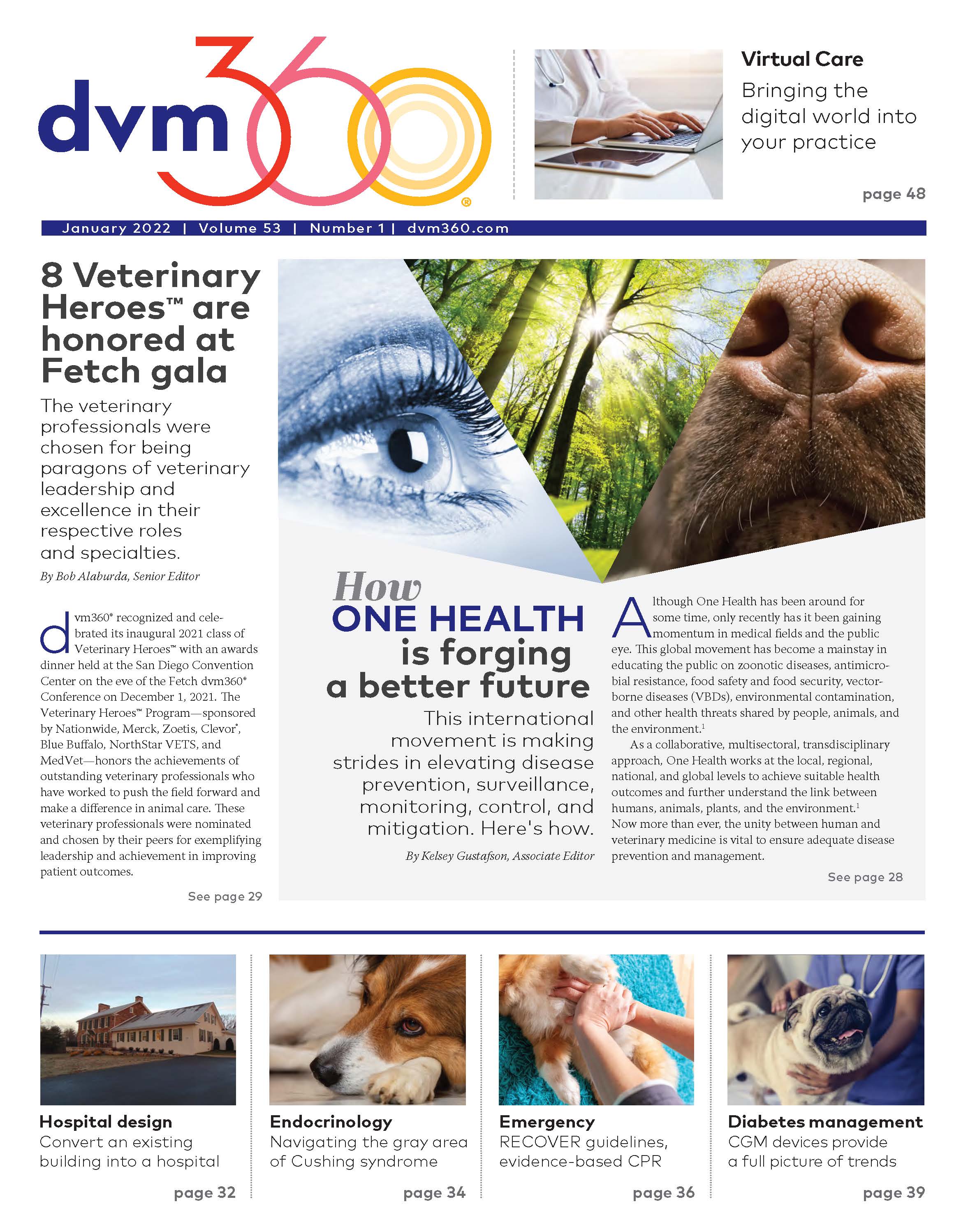The latest on the VRCE training program
In a recent dvm360® interview, Jill Clark, DVM, CEO of IGNITE, shares the successes of the VRCE training program since its launch in September.
Since IGNITE unveiled the Veterinary Receptionist Certificate of Excellence (VRCE) front desk training program in September of 2021, over 1,200 student seats have been purchased for it. Following the program's significant success, Jill Clark, DVM, CEO of IGNITE, exemplifies how vital this resource is to Customer Service Representatives (CSRs) and practices alike.
“I have such gratitude for how the [VRCE is] impacting peoples’ lives because that was what I was hoping for when I created it,” Clark told dvm360® in a recent interview.
Rave reviews
Clark revealed that the feedback she has received for the VRCE program has been overwhelmingly positive. “The thing I didn’t expect was the amount of positive feedback about the program. It’s been beyond what I could have imagined,” she shared. Those enrolled in the courses, according to Clark, display a determination to enhance their skills and become better employees for their patients, clients, and practices—which the clinics have seen firsthand.
“It’s been amazing that [the CSRs] have been so hungry to get better…and it’s changing their lives in some way, that’s really not a hyperbole,” Clark said.
“The practices are saying this has stimulated conversation with [their] CSRs that [they’ve] never had before and they’re now coming to me with ideas of how we can better the practice from the front desk experience to check out,” she continued.
The Q1 launch of VRCE Specialty/ER
A frequent inquiry Clark has received since VRCE’s initiation is: "When will there be a course geared specifically towards the specialty and ER division?" The nature of this question is due to those CSRs undergoing unique learning experiences compared to those in general practices.
"I would expect by the end of Q1 we would start enrolling specialty and ER and it will be very specific to that environment. However, some of the theories that we teach in VRCE/GP transfers over quite nicely, but they’ll be a host of new courses and new activities and a new study group,” Clark noted.
“We’re really excited to be able to address that for specialty hospitals…I think CSRs in specialty practices are really the orphans of education because oftentimes people don’t make custom content for specialty and ER,” she continued.
Future endeavors
Clark divulged that she has many “lofty” ideas in store for the VRCE and is collaborating with great minds in the veterinary industry to achieve each one. First, she plans to model CSR education after the CVPM (Certified Veterinary Practice Manager) program in the way that it offers legitimate, challenging learning that helps ultimately improve the practice operationally and financially.
“Next stop, after all this is…[to] try to make sure that we can have a way to validate education, a governing body to help be the voice of CSRs in some cases, and make sure that high-quality education keeps moving this role forward so that it is really viewed as the critical role that it is in the practice,” she disclosed.
The impactful role of veterinary CSRs
If you are in the veterinary business, encouraging your CSRs to enroll in the VRCE program and reach their full potential will reward your clinic and the overall industry remarkably, Clark implored.
“Our CSRs are the first person and typically the last person our clients see, they form what our clients think about our practice no matter how good of a veterinarian you may be. If you don’t have that knowledgeable, effective front staff team, it can undo everything else that’s been done in the back,” she said.
"Let’s try to elevate this [CSR] position to where it needs to be in our industry," Clark concluded.

